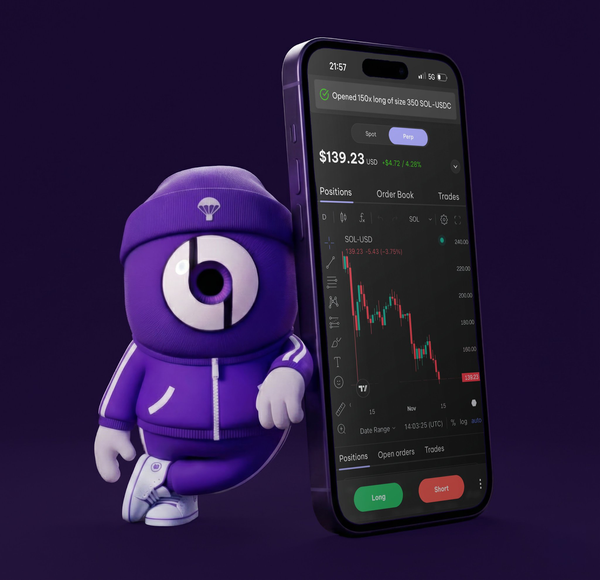Google Announces Desktop Android Project With Qualcomm Partnership

Google officially confirmed its collaboration with Qualcomm to develop Android-powered personal computers during the Snapdragon Summit 2025 keynote. According to PCMag, Google's Rick Osterloh revealed that the company has "embarked on a project to combine" its smartphone and PC operating systems. The announcement took place in Hawaii on September 23, 2025, where Osterloh joined Qualcomm CEO Cristiano Amon on stage.
Osterloh explained that Google is "building together a common technical foundation for our products on PCs and desktop computing systems." This represents a continuation of Google's previously announced plan to merge ChromeOS with Android. The project will integrate Google's complete AI stack, including Gemini models and assistant features, directly into the desktop environment. Qualcomm will provide the processing power through its Snapdragon chipsets, particularly the advanced Oryon CPU cores.
Why This Development Matters
The Android PC project addresses a gap in the computing market where mobile and desktop experiences remain disconnected. TechSpot reports that Qualcomm CEO Amon described the project as "incredible" and stated he "cannot wait to have one" after seeing an early version. This enthusiasm from a major chip manufacturer validates the potential impact of Android on traditional computing.
Google's approach differs from previous attempts at mobile-desktop convergence by leveraging Android's existing ecosystem of over 1.4 billion active users. The unified platform promises seamless transitions between devices, where users can begin tasks on their smartphones and continue on their PCs without compatibility issues. Current Android 16 already includes improved desktop mode features and external display support, suggesting Google has been preparing for this transition.
Industry Implications And Market Competition
The Android PC initiative directly challenges Microsoft's Windows dominance in the desktop market. According to Tom's Guide, Windows maintains 79.8% of the global PC market share as of 2025, while ChromeOS holds just 7.3%. However, industry analysts note that younger consumers already familiar with ChromeOS in educational settings could drive adoption of Android PCs in workplace environments.
The partnership benefits Qualcomm significantly by expanding opportunities for its ARM-based processors beyond the limited Chromebook market. Currently, no Chromebooks use Qualcomm's latest Oryon CPUs, but Android PCs could change this dynamic. FinancialContent analysis suggests this collaboration could accelerate ARM architecture adoption in personal computing, potentially disrupting Intel's traditional x86 dominance. The move also provides PC manufacturers like HP, Dell, and Lenovo with an alternative to Windows-only portfolios.
Market experts predict Android PCs will initially target specific segments where portability and battery life matter most. The ARM-based processors promise all-day battery performance and instant-on capabilities that could appeal to mobile professionals. However, success depends on software compatibility and whether enterprise customers will adopt Android for productivity workflows beyond basic web browsing and communication tools.
Further Reading
For deeper insights into global adoption trends, our Alternative Financial Systems Index tracks regulatory frameworks and adoption metrics across 50 countries. This comprehensive analysis provides context for understanding how technology platform shifts affect international markets and regulatory environments.




